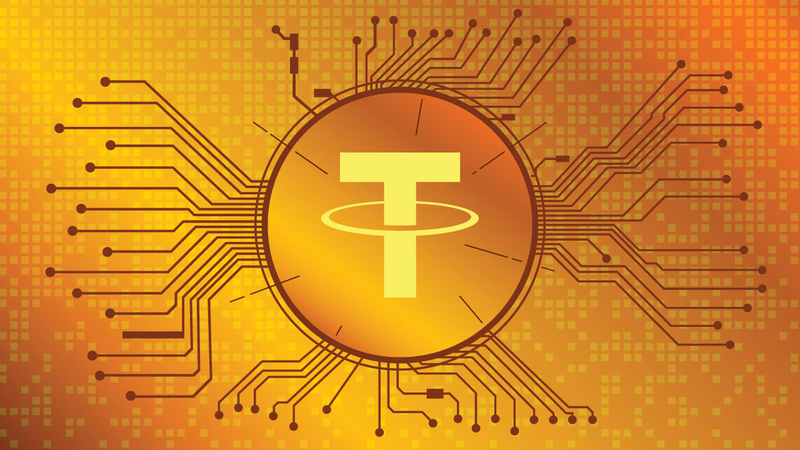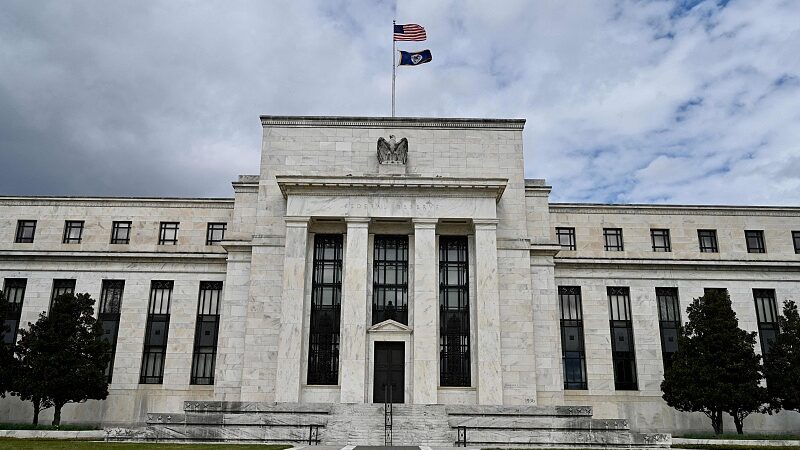The U.S. has taken a landmark step to regulate stablecoins with the GENIUS Act, signed into law by former President Donald Trump. Proponents claim these dollar-pegged digital currencies could bolster demand for U.S. Treasuries, lower interest rates, and cement the dollar's global reserve status. But analysts warn the plan faces geopolitical and structural hurdles.
Stablecoins 101: Digital Dollars on the Blockchain
Stablecoins like USDT and USDC differ from volatile cryptocurrencies by maintaining a 1:1 peg to the U.S. dollar. The GENIUS Act mandates issuers to back coins with liquid assets like cash or short-term Treasuries while requiring monthly reserve disclosures. From a $20 billion market in 2020, stablecoins now exceed $247 billion, with projections reaching $3.7 trillion by 2030.
Strategic Play or Short-Term Fix?
China Media Group analysts note the U.S. sees stablecoins as a tool to counter erosion of dollar influence amid rising digital currency adoption. Trump administration officials argue stablecoins could alleviate debt pressures by creating new Treasury buyers. Critics, however, question whether rebranding dollar exposure through blockchain addresses core challenges like trade imbalances or over-reliance on sanctions.
Credibility Over Code
While the GENIUS Act reflects crypto industry lobbying success—with $245 million spent supporting pro-digital asset candidates in 2023 elections—experts emphasize that currency dominance requires sustained trust. "A digital dollar still needs real-world credibility," notes one CMG analysis, highlighting that stablecoins can't compensate for protectionist policies limiting global dollar circulation.
Democrats and transparency advocates criticize loopholes allowing tech giants to issue stablecoins and weak anti-money laundering provisions. Scott Greytak of Transparency International U.S. warns the law risks making America's financial system "a global haven for criminals." As debates continue, the world watches whether algorithmic dollars can achieve what physical greenbacks alone no longer can.
Reference(s):
cgtn.com








